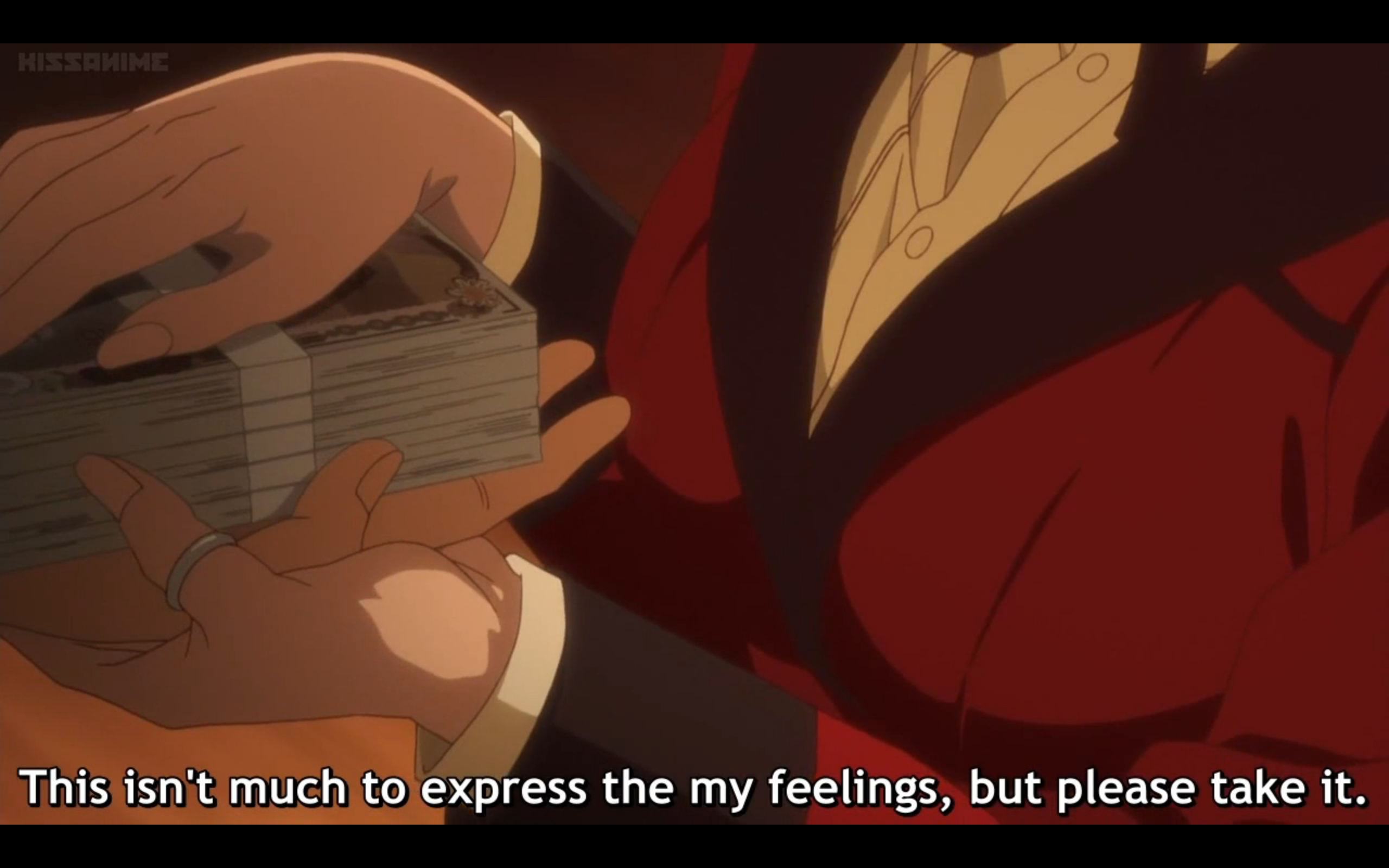Ever society is made up of a pyramid-shaped structure – be it power or money. The masses are at the bottom, while the few at the top control most of the society’s power and wealth. If resources are allocated equally, there will be enough for everyone of the 7 billion on Earth. But it is not. Whether on the society’s scale at the individual level, or on the global scale at the country’s level, each entity belongs somewhere in the pyramid. There will be no other shape.
One of the things people at the top want to ensure is that firstly the pyramid structure remains, and secondly that they will continue to stand on top of everyone else. That is why there are rules. On top of ensuring that society function normally and peacefully, the rules are there to ensure they remain firmly in control and at the same time stamp down on all those who attempt to climb up and to be free.
One good way to ensure that continuity is through the skillful methods of resource allocation. If the society is a low income society, ie people’s earning power are generally lesser, then things have to be also cheaper. And vice versa. When we refer to things, different countries opt to make different things expensive. If a country’s citizens have high earning power but things are cheap, then the people are rich and they would be too free. They would then start to have weird ideas and not be as obedient as those in power would like them to be. If the opposite happens, ie low earning power and things are expensive to the point life is not sustainable, then people will rebel and overthrow the government, as history has told us repeatedly. Given a choice between starving to death or be executed by treason, people will naturally choose to rebel for that chance of survival.
In China, their day-to-day goods and services are legit cheap. I once booked a karaoke room for 3 hours, only to pay 10 RMB (1.37 USD). From their food to daily goods such as spectacles, water bottle, stationery etc, everything is cheap as long as you do not go for international brands. Their services from programming to massages, from wedding photoshoot to game animation are all on the cheaper range. Yet, they used to have what they called the 3 big mountains which sucked up all the money from the people – medical, education and housing. The education factor was taken down with one sweeping big revamp (will not discuss here on the effectiveness and impact of such a policy) and their medical is also in the process of cost lowering.
Housing remained one of the biggest cost of the people, where it is known commonly as 6 wallets pooled together to pay for 1 house. Due to the one child policy, many parents have only one child. The 6 wallets hence come from the couple themselves (2 wallets) and both of their parents (4 wallets). While the cost of everyday goods and services are cheap, the society is calibrated in such a way that the housing itself will sink people into debt for the next 30 years. In one fell swoop, 30 years x 6 people’s worth of labour = 180 years worth of labour gets sunk into a cage made of 6 sides of concrete.
While there are indeed much cheaper houses in the third-tier cities or even the villages, job opportunities in those areas are few and limited. Coupled with China’s push for the people into the city, any young person who could not get into the local government sector but still wish to have some form of decent income will have little choice but to move into the cities, where the population influx directly cause the housing prices to shoot up. Stay in the rural areas and have cheap houses but be poor, or move into the cities to have higher income but continue to be poor from living in expensive houses.

In Switzerland for example, prices of housing is at a more affordable price and balanced salary to housing price ratio, but the prices of daily items and services are on another level of expensive. While China goes for one or two big ticket items that kills the lot of them, Switzerland opts for a slow poison on the daily basis. It is the everyday item that will fleece you dry without you realising it.
Ultimately, it comes down to how much time and energy you are going to put in to exchange for the goods and services to sustain a decent lifestyle. All even out in the long run, one will realise that in the end, we are all trading the same amount of time and labour to get a similar lifestyle, doomed to live and die as the pathetic middle class with no hope of ever climbing up. That is, if we follow the given path. What can we do to get out of it? Make use of your society’s advantage. And this requires a lot of sacrifice and discipline. Afterall, if you want to get out, it means that you are aiming for financial freedom, and as repeated over and again, financial freedom does not come cheap and easy.
If you are in a country where everything else is cheap, make use of it. Export your labour, export your goods, export everything legal. For example, many people in China are doing e-commerce, exporting to overseas. If you are not cut out to do business, many of them are taking up freelance jobs from overseas. With the price disparity of different countries, the Chinese find themselves earning much from overseas. Even livestreamers are earning money as foreigners find it cheap to donate little gifts to support their channel.

If you are in a country where your income is high and where the daily items are expensive, then everything is the opposite. You can consider importing daily items from overseas. For example, there are many people all over the world buying things from Taobao, China’s famed online marketplace. By earning your high income and cutting down your daily expenditure, you are increasing your disposable income and savings. In fact, you can also start a small online business by bringing goods from China and selling it, which many are doing. Or simply take on more jobs and outsourcing what you can to them as long as it does not break any rule or law.
To obtain financial freedom, what we need is to accumulate more resources. Resources to sustain our daily living decently till we die. While money is also considered a resource, it is mainly a medium or tool of exchange for us to buy and sell resources. So while on the aspect of money we try to either reduce expenses or increase income, we need not be too fixated on money. While most likely the exchange and accumulation of resources will be in the form of money, money is not the only resource that we have in our society. As you struggle on, you will gain skills, network, experience, foresight, knowledge (not the kind you can easily Google in 2 minutes) etc. All these are your resources, which will become your assets you use to gain even more resources.
And as you attempt to climb up, the system in place will beat you down. You will bang your head, you will fall down and fail, you may get badly injured. But if that is the case, you know you are heading in the right direction. This is the price we have to pay in order to get more resources than what is allocated to us. Note that getting more than what is allocated to us does not equate to us being greedy for wanting more than what we deserve. There is a fine line between the 2 of them which one has to assess on his or her own. Afterall, most of us get less than what we deserve so the top 1% can get more than what they should.
But, in order to achieve financial freedom, know what are the resources being allocated to you. Know how the system in your society allocates resources. Know how to either cut your resource outflow or increase your inflow. Know how to preserve, sustain and further accumulate your resources. Until the day you have enough to say, ‘I am out of the system’. You need not be very rich to be financially free, as long as you have the necessary resources at your disposal.
Again, money is but one of the many resources.

